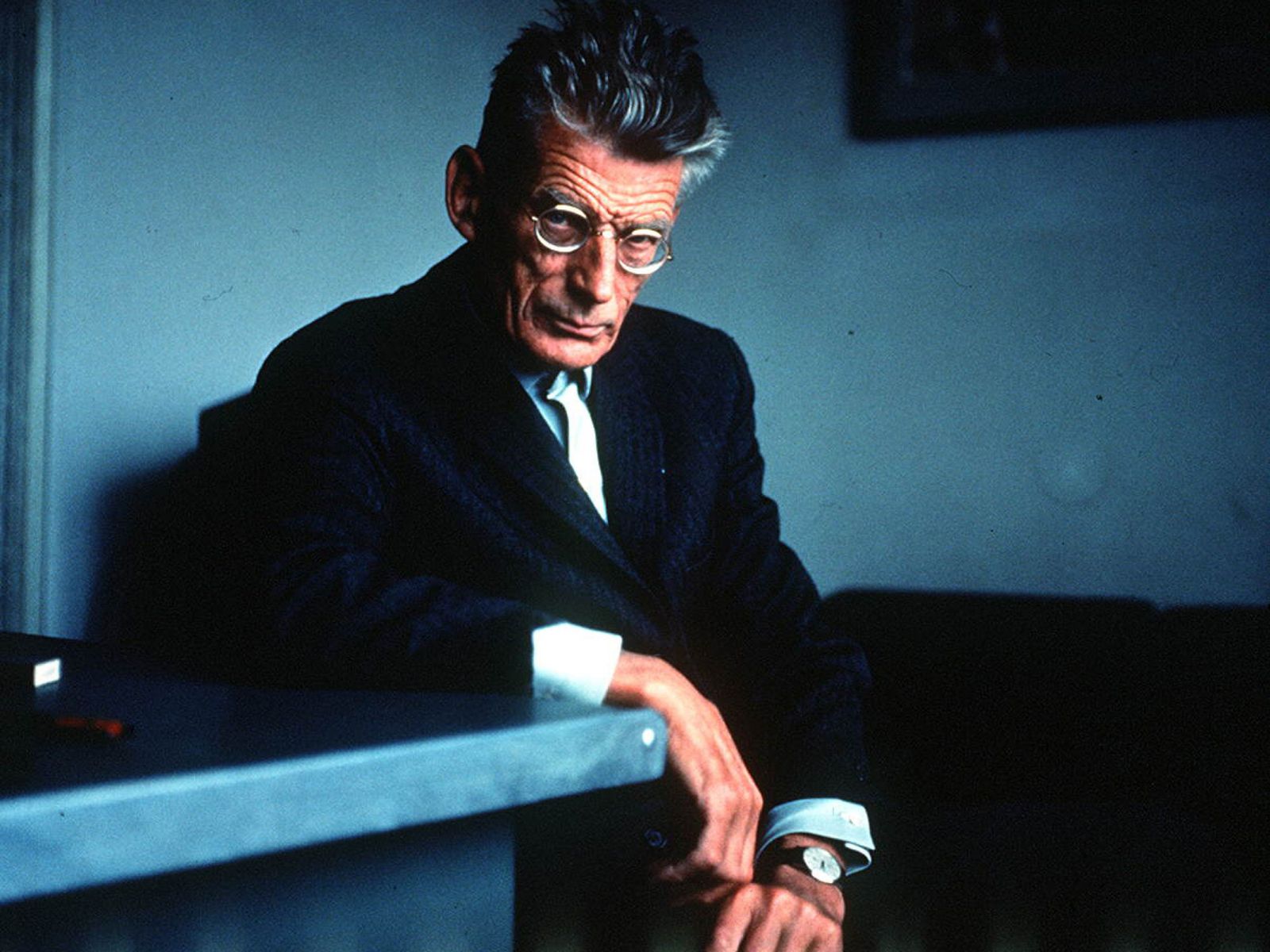Kayle Crossan | Staff Writer
Trinity College Dublin has purchased the largest collection of letters of one of its most noted alumni, Samuel Beckett, ever to have been offered for public sale. This sale has now officially established Trinity as the holder of the largest collection of Beckett letters of any research library throughout Europe and the world.
The collection of 347 letters and cards were sent from Samuel Beckett to artists Henri and Josette Hayden, a couple whom Beckett and his wife, Suzanne Dechevaux-Dumesnil, met during their time southern France evading discovery by Nazi forces during the Second World War.
The letters date from as early as 1947 and cover the difficulties Beckett faced during the aftermath of the passing of his mother and brother. The letters also cover Beckett’s most creative period of his writing career, which would eventually lead to a Nobel Prize, when he was completing Waiting for Godot. At the time of these correspondences he was also working on all three books of his trilogy Molloy, Malone dies, and The Unnameable.
Trinity College Dublin has now become the epicentre for any sort of literary research regarding Samuel Beckett, with other correspondences to the poet Thomas MacGreevy and literary critic Barbara Bray. The MacGreevy collection is notably quite personal, while in contrast his correspondences to Barbara Bray were more centred on his work.
The recently acquired Hayden collection will now act as link for these two collections by overlapping chronologically and also by being a blend of both Beckett’s personal and literary concerns and opinions.
Trinity was able to make this notable purchase thanks to the generosity of a former staff member, William O’Sullivan, Keeper of Manuscripts in Trinity from the 1950s to 1982. Mr. O’Sullivan had left a bequest to the Library which made this acquisition possible, which mirrored the same type of consideration Samuel Beckett displayed towards Trinity College after his time spent there as a student.
Examples of his generosity include presenting some of his literary manuscripts to Trinity’s Library in the 1960s, awarding some of his Nobel Prize money to the Library, and also by giving a year’s worth of profits from the Broadway production of Krapp’s Last Tape to the Berkeley Library’s building fund in the 1950s.






